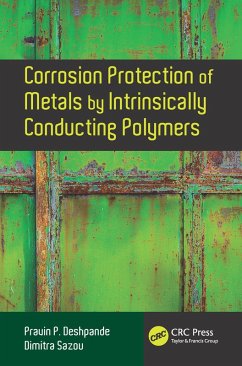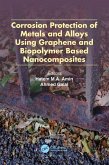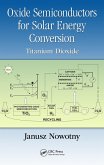The use of conducting polymers for the anticorrosion protection of metals has attracted great interest during the last 30 years. The design and development of conducting polymers-based coating systems with commercial viability is expected to be advanced by applying nanotechnology and has received substantial attention recently. This book begins with corrosion fundamentals and ends with an emphasis on developments made in conducting polymer science and technology using nanotechnology. Additionally, it gives a detailed account of experimental methods of corrosion testing.
Dieser Download kann aus rechtlichen Gründen nur mit Rechnungsadresse in A, B, BG, CY, CZ, D, DK, EW, E, FIN, F, GR, HR, H, IRL, I, LT, L, LR, M, NL, PL, P, R, S, SLO, SK ausgeliefert werden.









